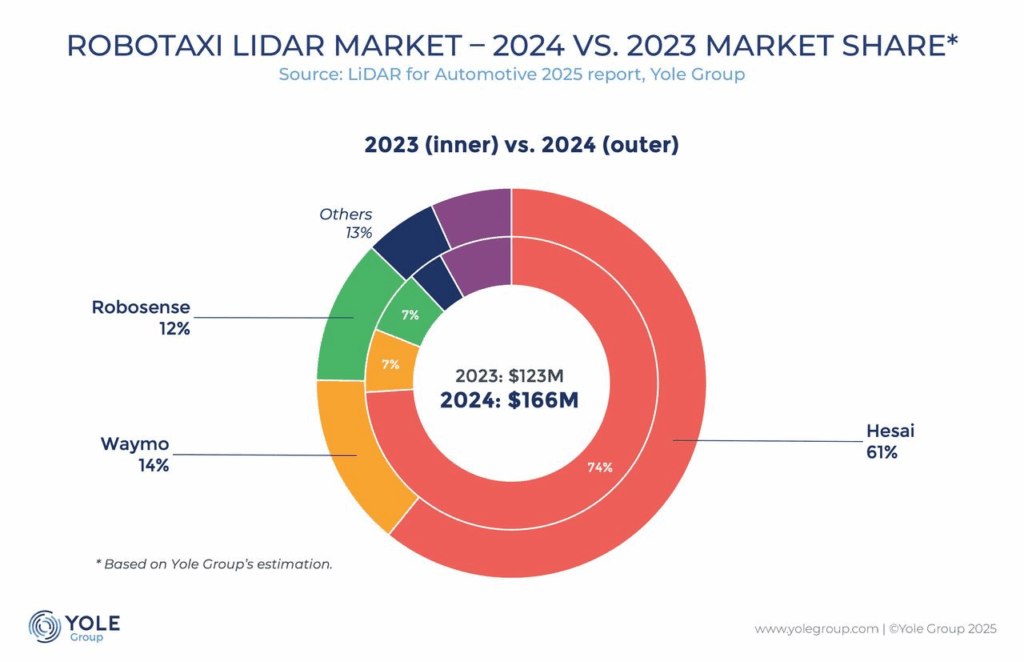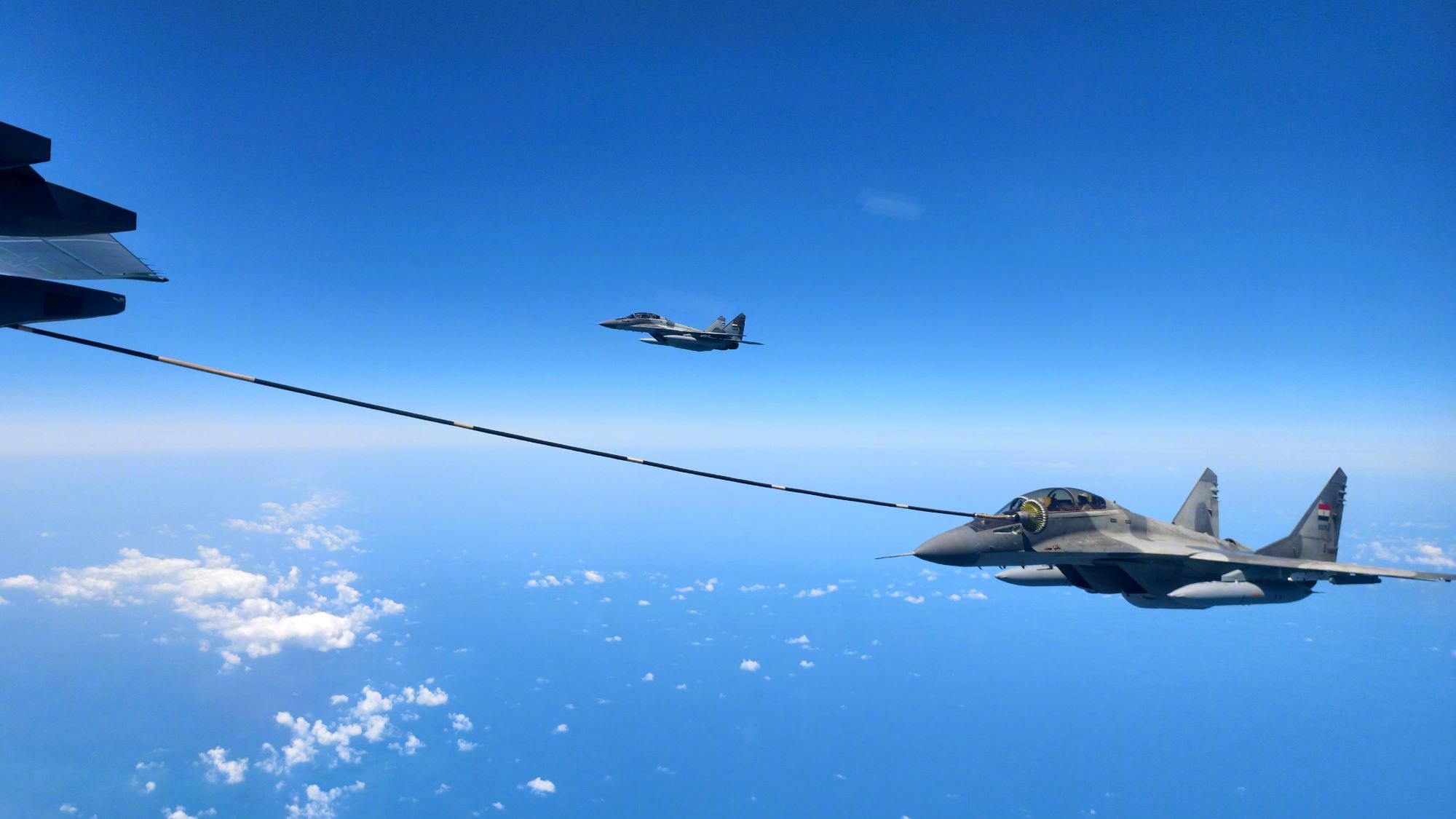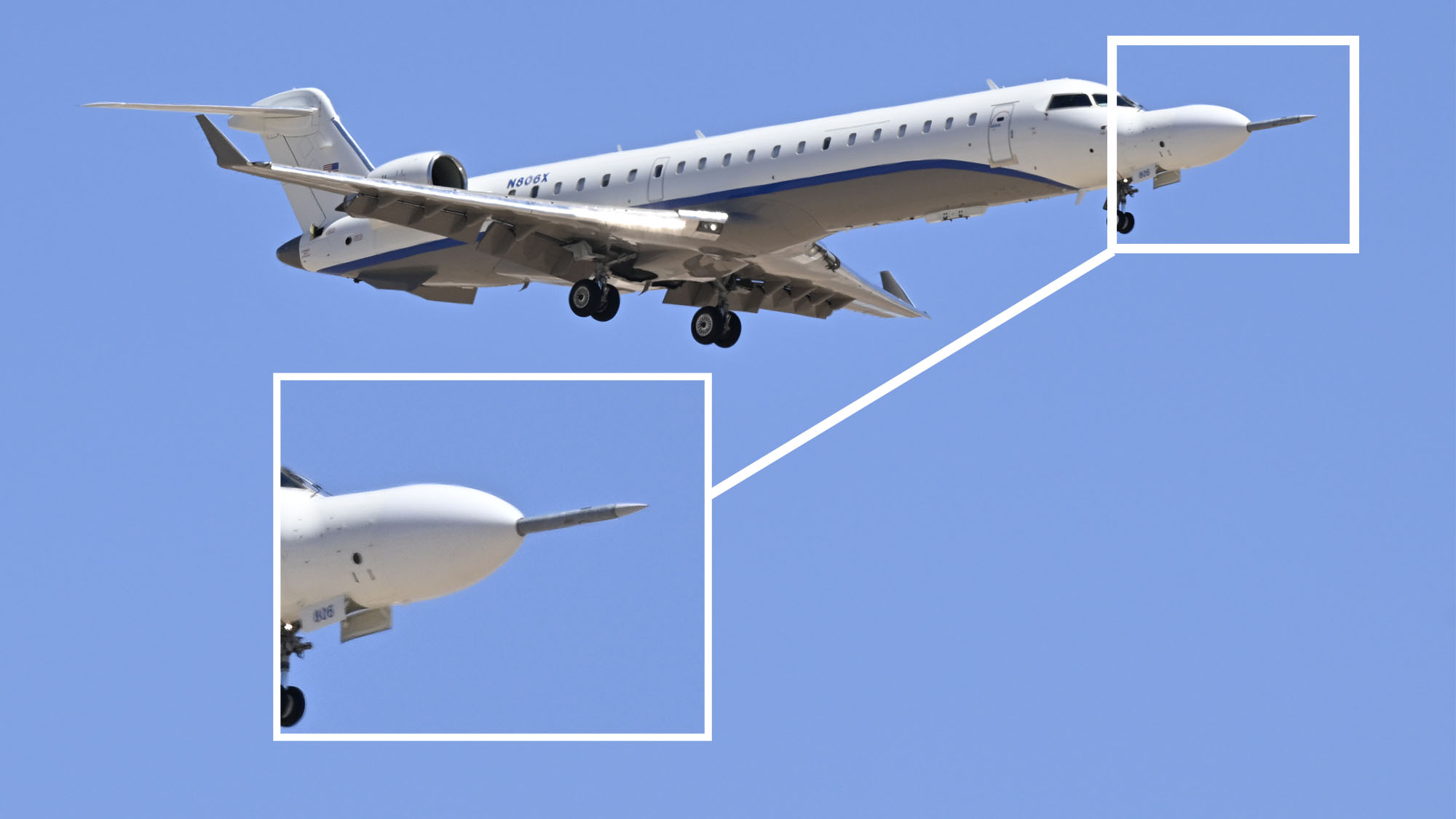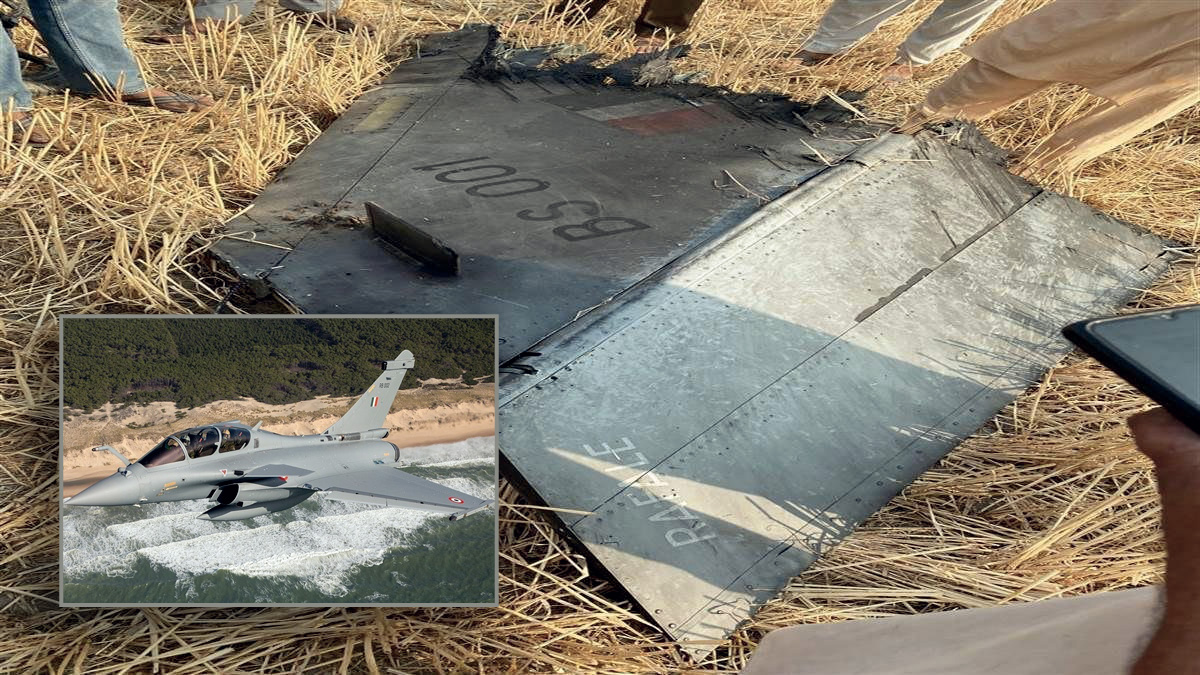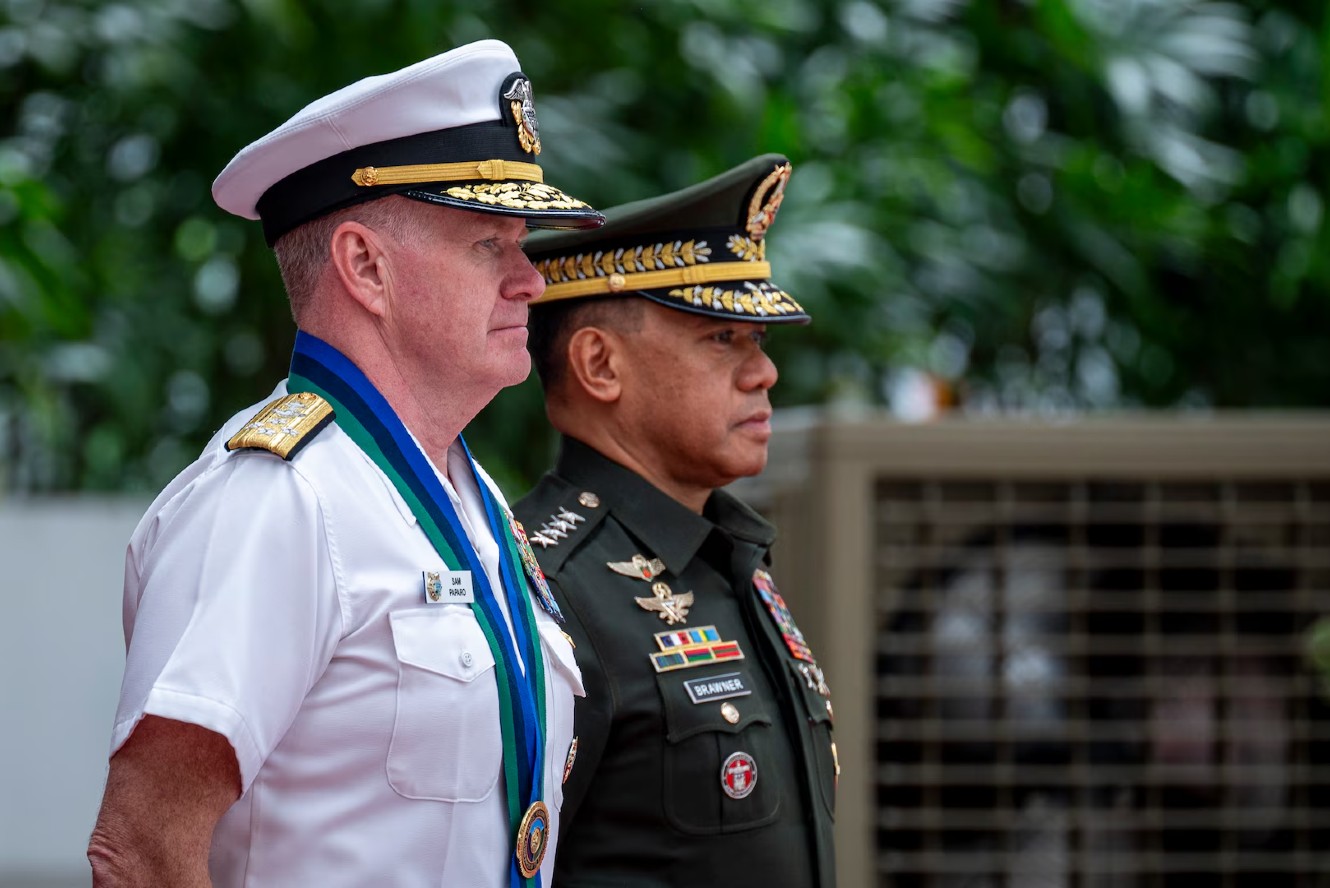Army undersecretary nominee faces questions about financial ties to Anduril
“My restrictions and my recusals are laid out in my agreement with the OGE … I am recused, writ large, from anything having to do personally and substantially with my former employer,” Michael Obadal told senators today.


Michael Obadal, undersecretary of the Army nominee for US President Donald Trump, left, and Sean O’Keefe, US deputy undersecretary of defense nominee for US President Donald Trump, during a Senate Armed Services Committee hearing in Washington, DC, US, on Thursday, May 8, 2025. (Samuel Corum/Bloomberg via Getty Images)
WASHINGTON — The Trump administration’s nominee to take the reins as the Army’s No. 2 two civilian, Michael Obadal, faced ethics questions from senators today about his continued ties to Anduril if he is sworn into office.
“The Army announced its transformation initiative, and a huge amount of that is geared towards drones and other things that Anduril —… your current company — is neck deep in,” Sen. Elissa Slotkin (D-Mich.) said during a Senate Armed Services Committee confirmation hearing.
“I don’t have an inherent problem with the transformation. I just have a problem with the idea, the perception to our troops that their leaders can do things that they themselves cannot,” she later added.
After serving in the Army for nearly three decades, Obadal joined Anduril two-and-a-half years ago and is serving as a senior director. According to his public financial disclosure report, he holds between $250,000 and $500,000 “vested restricted stock” with the company, and the same amount in unvested restricted stock.
But since the tech startup isn’t publicly traded and he holds equity in the company that he can’t sell off like stocks, the plan, he confirmed to the committee, is to hold on to that vested equity while adhering to guidelines worked out with the Office of Government Ethics (OGE) and following associated laws on the books.
“My restrictions and my recusals are laid out in my agreement with the OGE,” Obadal told members of the committee.
“I am recused, writ large, from anything having to do personally and substantially with my former employer,” he later added.
The financial disclosure form also notes that Obadal will shed the unvested equity he holds with the company if he takes the Army job, and “Pursuant to Anduril’s employment policy, I will receive a lump-sum severance payment on my last day of employment.”
If the Senate confirms Obadal as the next Army undersecretary and he is sworn in, he will largely be charged with managing the business side of the service, to include overseeing the budget request and weapon investment decisions. That, he told lawmakers, will involve a “second level of detail” on the Army’s new transformation plan over the next several months.
Anduril, meanwhile, stands to benefit from the Army’s plan to lean away from manned platforms and embrace new tech and drones. The company is pitching various such weapons to the service, is viewed as a top contender for work on the Next Generation Command and Control (NGC2) initiative, and recently took over Microsoft’s 10-year, $22 billion deal for the service’s mixed-reality Integrated Visual Augmentation System (IVAS).
Slotkin was not the only lawmaker to raise questions about the appearance of a conflict of interest today. Sen. Richard Blumenthal (D-Conn.) also voiced concerns, while Sen. Elizabeth Warren (D-Mass.) inked a letter to the nominee.
“By attempting to serve in this role with conflicts of interest, you risk spending taxpayer dollars on wasteful DoD contracts that enrich wealthy contractors but fail to enhance Americans’ national security,” Warren wrote in her publicly released letter. “To avoid these conflicts, I request that you divest from your equity and investments in defense contractors, recuse from matters involving your former clients and employers for four years, and agree not to work as a lobbyist or join the industries that you worked with at DoD for at least four years after you leave office.”






















